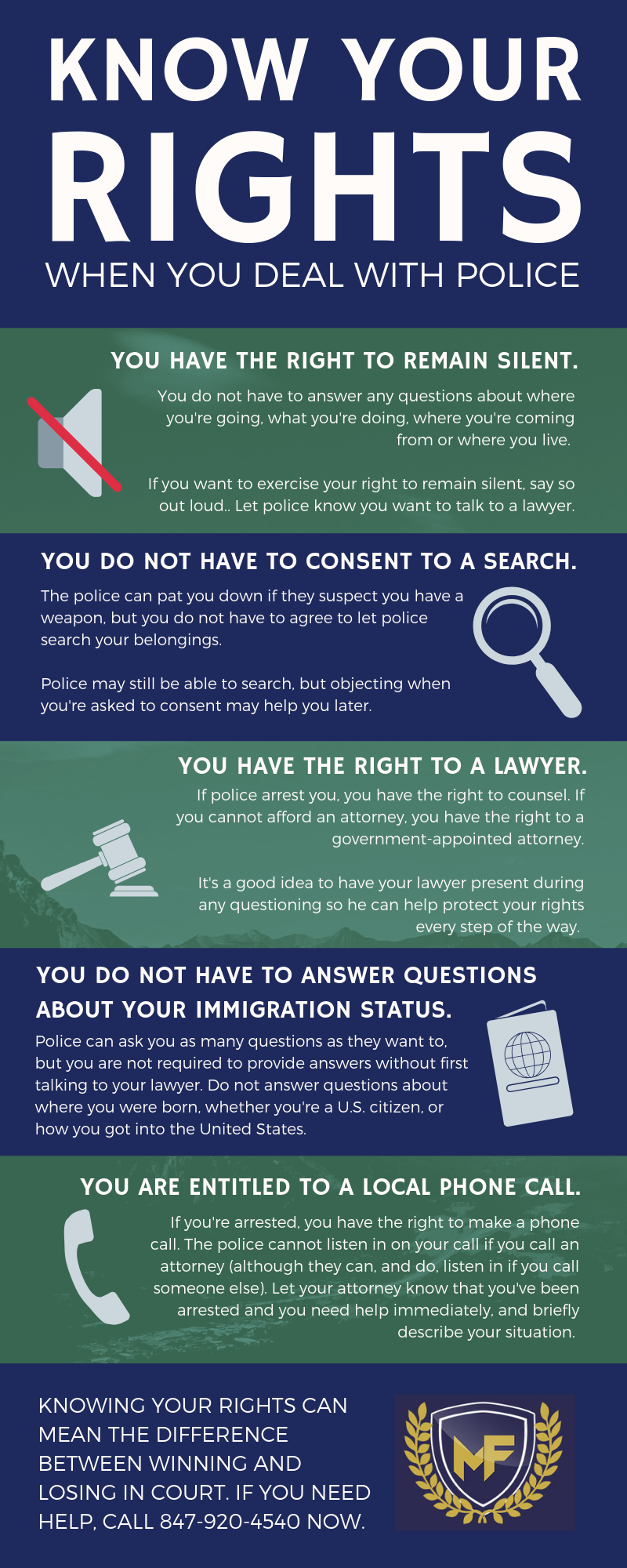Self-defense can be a compelling argument in court, yet it's not always straightforward. You need to take into consideration exactly how your activities straighten with regional regulations and the unique situations of your situation. Factors like the immediacy of the danger and the proportionality of your reaction play essential functions. So, what do criminal lawyers actually think of self-defense insurance claims, and just how can you prepare your instance efficiently?
Comprehending the Lawful Definition of Self-Defense
When you think about protection, it's vital to realize its lawful meaning, as it differs substantially from one jurisdiction to one more.
Generally, self-defense involves making use of affordable force to protect yourself from imminent damage. Nonetheless, the specifics can differ greatly. Some states permit "stand your ground" laws, indicating you don't have to pull back prior to using pressure, while others require you to try to run away when possible.
The degree of pressure taken into consideration "practical" also differs; what serves in one area mightn't remain in another. Recognizing these subtleties can be important if you're ever in a scenario where self-defense comes to be a consider lawful process.
Always seek advice from a legal expert to browse the complexities of self-defense laws in your area.
Aspects Influencing the Approval of Self-Defense Claims
Although self-defense regulations vary by territory, numerous crucial variables affect how insurance claims are accepted in lawful procedures.
First, the regarded immediacy of the hazard plays a vital function. Courts often evaluate whether you acted in the heat of the minute or had time to pull away.
Next, the symmetry of your feedback issues. If your response shows up extreme compared to the threat, your claim might weaken.
Additionally, the reputation of your testament and evidence, such as witness accounts or physical evidence, considerably affects acceptance.
The context of the circumstance, including your previous connection with the assailant, additionally enters play.
Recognizing these variables can assist you evaluate the possibility of your self-defense claim being supported in court.
Study: Self-Defense in Practice
Understanding just how self-defense insurance claims play out in real-life scenarios can provide useful insights into their lawful ramifications.
In one notable instance, a property owner shot a burglar who endangered him with a tool. The jury discovered the home owner's actions warranted, as he fairly perceived an immediate hazard to his life.
In one more circumstances, a woman dealt with attack but struck back, wounding her assaulter. Although she declared protection, the court ruled versus her as a result of inadequate evidence of an immediate danger.
These instances highlight the essential significance of context, evidence, and assumption in self-defense claims. Knowing https://criminal-sexual-conduct-a22221.qodsblog.com/36356837/exactly-how-might-an-educated-lawyer-obstacle-a-police-initiated-illegal-drug-search-learn-about-the-methods-that-could-potentially-transform-your-instance can assist you much better recognize how self-defense disagreements are evaluated in court and the potential results of comparable scenarios.
Final thought
To conclude, protection can be a legitimate legal debate, but its success depends upon numerous elements, including the immediacy of the threat and the symmetry of your response. It's essential to understand your local legislations and gather reputable proof to support your insurance claim. If navigate to this website find yourself in a scenario where protection might use, don't be reluctant to seek expert legal guidance to browse the complexities and build a solid defense.
